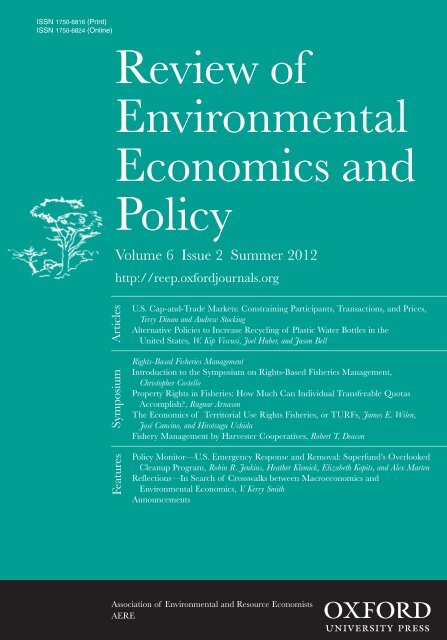Rural Populations, Land Degradation, and Living Standards in Developing Countries
IF 6.6
3区 经济学
Q1 ECONOMICS
引用次数: 6
Abstract
In this article, we review evidence on the relationship between land as a productive asset and living standards in developing countries. We begin by presenting evidence concerning three key trends in agricultural land use and degradation across developing countries. First, since 1970, agricultural land area in developing countries has continued to expand and shows little signs of abating. Second, there is evidence that the concentration of relatively poor rural populations on remote and less favored land with poor agricultural productivity is continuing. Finally, global assessments indicate that the problem of land degradation is worsening in some developing regions and that a significant share of rural populations in these regions live on degrading agricultural land. Our review of the evidence suggests that these trends in agricultural land use and degradation may have considerable implications for the living standards of millions of rural households in the developing world and possibly for poverty alleviation overall. To further explore these possible relationships, we examine empirical evidence on the relationship between soil quality and the living standards of households based on a survey of 17 low- and middle-income countries in sub-Saharan Africa, one of the world’s poorest regions.发展中国家的农村人口、土地退化和生活水平
在这篇文章中,我们回顾了关于土地作为一种生产性资产与发展中国家生活水平之间关系的证据。我们首先提出有关发展中国家农业土地利用和退化的三个主要趋势的证据。首先,自1970年以来,发展中国家的农业用地面积持续扩大,几乎没有减少的迹象。第二,有证据表明,相对贫穷的农村人口继续集中在农业生产力低下的偏远和不太受欢迎的土地上。最后,全球评估表明,一些发展中区域的土地退化问题正在恶化,这些区域相当一部分农村人口生活在退化的农业用地上。我们对证据的审查表明,农业土地利用和退化的这些趋势可能对发展中世界数百万农村家庭的生活水平产生重大影响,并可能对整体减贫产生重大影响。为了进一步探索这些可能的关系,我们根据对世界上最贫穷地区之一撒哈拉以南非洲17个中低收入国家的调查,研究了土壤质量与家庭生活水平之间关系的经验证据。
本文章由计算机程序翻译,如有差异,请以英文原文为准。
求助全文
约1分钟内获得全文
求助全文
来源期刊
CiteScore
10.80
自引率
0.00%
发文量
25
期刊介绍:
The Review of Environmental Economics and Policy fills the gap between traditional academic journals and the general interest press by providing a widely accessible yet scholarly source for the latest thinking on environmental economics and related policy. The Review publishes symposia, articles, and regular features that contribute to one or more of the following goals: •to identify and synthesize lessons learned from recent and ongoing environmental economics research; •to provide economic analysis of environmental policy issues; •to promote the sharing of ideas and perspectives among the various sub-fields of environmental economics;

 求助内容:
求助内容: 应助结果提醒方式:
应助结果提醒方式:


